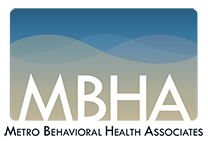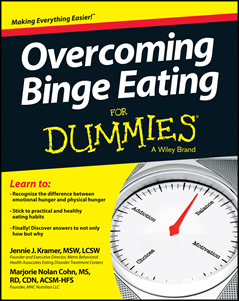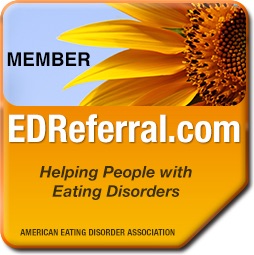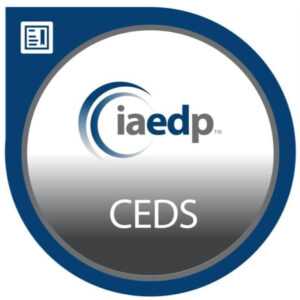How Much to Disclose About Mental Health in the College Application Process
By Lindsay Tanne
January 20, 2023
In a recent op-ed in the New York Times, author Emi Nietfeld wrote that she agonized over how much to disclose about her mental health challenges in her college applications:
I Edited Mental Illness Out of My College Applications. I’m Not Alone.
The Washington Post reported on a vast crisis in student mental health in the US and how schools are struggling to meet rising mental health needs.
These articles spurred a discussion among our Advisors—many of whom are parents or even former clinicians—about how we can recognize and provide support to our students and their families. They also sparked some lively dialogue around how we can best advise students who are struggling when it comes to presenting a genuine, cohesive, and strategic narrative when the time comes to apply to college.
Why is mental health a growing issue in the college process?
Part of the reason more applicants are considering discussing mental health challenges in their applications is that those challenges are increasing among high school and college age students.
 Dr. Sarah Friedman, a clinician in private practice in Manhattan, is the mother of a 21-year-old and twin 18-year-olds who are in the thick of applying to college. She has worked with high school and college age students for over 25 years and told us she has seen a significant rise in mental health disorders and distress among her students.
Dr. Sarah Friedman, a clinician in private practice in Manhattan, is the mother of a 21-year-old and twin 18-year-olds who are in the thick of applying to college. She has worked with high school and college age students for over 25 years and told us she has seen a significant rise in mental health disorders and distress among her students.
Federal data illustrates the toll the pandemic has taken on students’ mental health as well. This academic year, Dr. Friedman finally feels she is observing something of a return to a pre-COVID time, clinically speaking.
“I’m starting to see a little more of ‘This boy doesn’t like me,’ or ‘My mom’s mean to me.’ It’s such a relief.”
In her op-ed, Emi Nietfeld reflects on her initial “overshare” about her mental health challenges (and its perceived consequences, including a rejection from Yale) and the ways in which she was able to reflect upon and ultimately convey her story in a way that was more compelling for her college applications.
So what is the appropriate degree of disclosure in a college application?
A new wrinkle in the era of social media is the tendency for adolescents to want to overshare—that it’s their privilege to tell their whole story and that everyone should know it. But when this impulse intersects with the college process, decision-making around disclosure becomes a whole lot more fraught.
The reality is that resources at even some of the top colleges can be limited and many institutions are concerned about whether they can meet the needs presented by students.
“Tell your whole story only if it’s going to be helpful to the situation,” advises Jennie Kramer, MSW, LCSW-R, CEDS, Founder and Executive Director of Metro Behavioral Health Associates in Scarsdale and NYC.
“If they’ve been on a journey and believe they are on the other side of that, and it’s profoundly formed and changed who they are—then it’s worth sharing; ‘I’m telling you my story because I want you to understand the qualities it took for me to weather the storm.’ It has to be germane to who they are and who they’ve become and what they hope to bring into the college experience.”
A former admissions officer, now a College Advisor at LogicPrep, noted that in committee reviews, colleagues would ask questions like “Are they good at asking for help?” and “Do we have the resources to support this student?” in light of applicants’ mental health disclosures.
In any case, remember your audience when crafting your application; this is not a confessional format, but rather an opportunity to show growth and development and a willingness to seek support.
Read More…logicprep.com/blog/how-much-to-disclose-about-mental-health-in-the-college-application-process
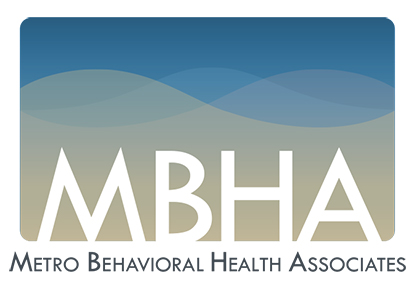
Helping You Gently Find Your Balance
Ask About Our Free Consulation
Control binge eating and get on the path to recovery. This book provides trusted information, resources, tools, and activities to help you and your loved ones understand your binge eating — and gain control over it.
Certified Eating Disorder Specialist designation by the International Academy of Eating Disorder Professionals
